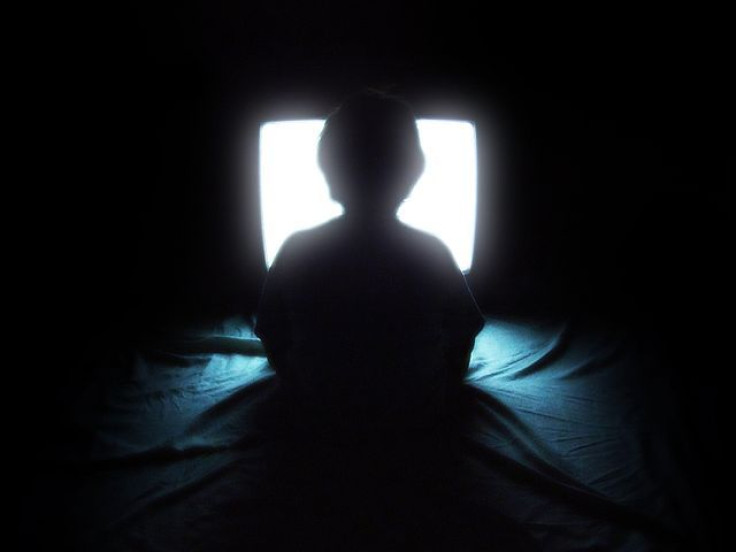Is Dora The Explorer ‘Educational’? Less Than Half Of Children’s Screen Time Is Spent On Educational Material

"Kiddy culture" as mothers not always fondly refer to the TV shows, movies, and books made specially for children, ranges far and wide and includes everything from DVDs that help children learn their ABCs to TV shows that teach children the morality of sharing toys. According to a new study released by a research institute affiliated with Sesame Street, parents consider roughly 44 percent of the total screen media used by their children under 10 to be “educational.” Each day, then, out of the two hours and seven minutes total screen time enjoyed, children spend roughly 56 minutes on what is broadly defined as content that “teaches social lessons as well as literacy, math, or science.”
That said, what individual parents considered educational media varied widely, even though most aligned in their views; 96 percent of parents, for instance, identified Sesame Street as very or somewhat educational, while 88 percent said the same of Dora the Explorer, 73 percent of Mickey Mouse Clubhouse, and nine percent of SpongeBob SquarePants. The survey covered home use of DVDs, video games, TV, books, e-readers, smartphones, tablets, and other mobile devices, while excluding any media used for homework from school.
The survey was conducted for the Joan Ganz Cooney Center, a non-profit research institute, by GfK, a global market research company. The survey canvassed a nationally representative sample of 1,577 parents of children between the ages of 2 and 10, and included an oversample of Black (290) and Hispanic-Latino (682) parents.
Among the surprises of the study: Many children (62 percent) now have access to and are using electronic readers, such as the Kindle or tablets. However, just under half (49 percent) of those with access have read or been read to on it. Significantly, the younger children within the sample (2- to 4-year-olds) with e-platforms in the home are just as likely as older children (8- to 10-year-olds) to have used them (49 percent and 53 percent respectively).
Others findings include: Parents reported their children spend far more time with educational TV than with educational content on other platforms, including computers or video games. For every subject area other than math, parents are more likely to say their child has learned a lot about it from TV than from any other platform. Generally, parents believe science is neglected in the realm of educational media, with only 19 percent of parents saying their child has learned “a lot” about science from an educational media platform, compared to 37 percent for reading and cognitive skills development and 28 percent for math.
Perhaps the most disheartening evidence discussed in the report is that older children are less likely to use educational media, even if their total screen time has increased over time. In fact, the study indicated "... a sharp drop-off in use among older children, down to just 27 percent of screen time among 8- to 10-year-olds,” the authors wrote, while also noting, “Many media experts believe that we should encourage parents and children to use media together.” Increasing shared time between parents and children will always be recommended.



























